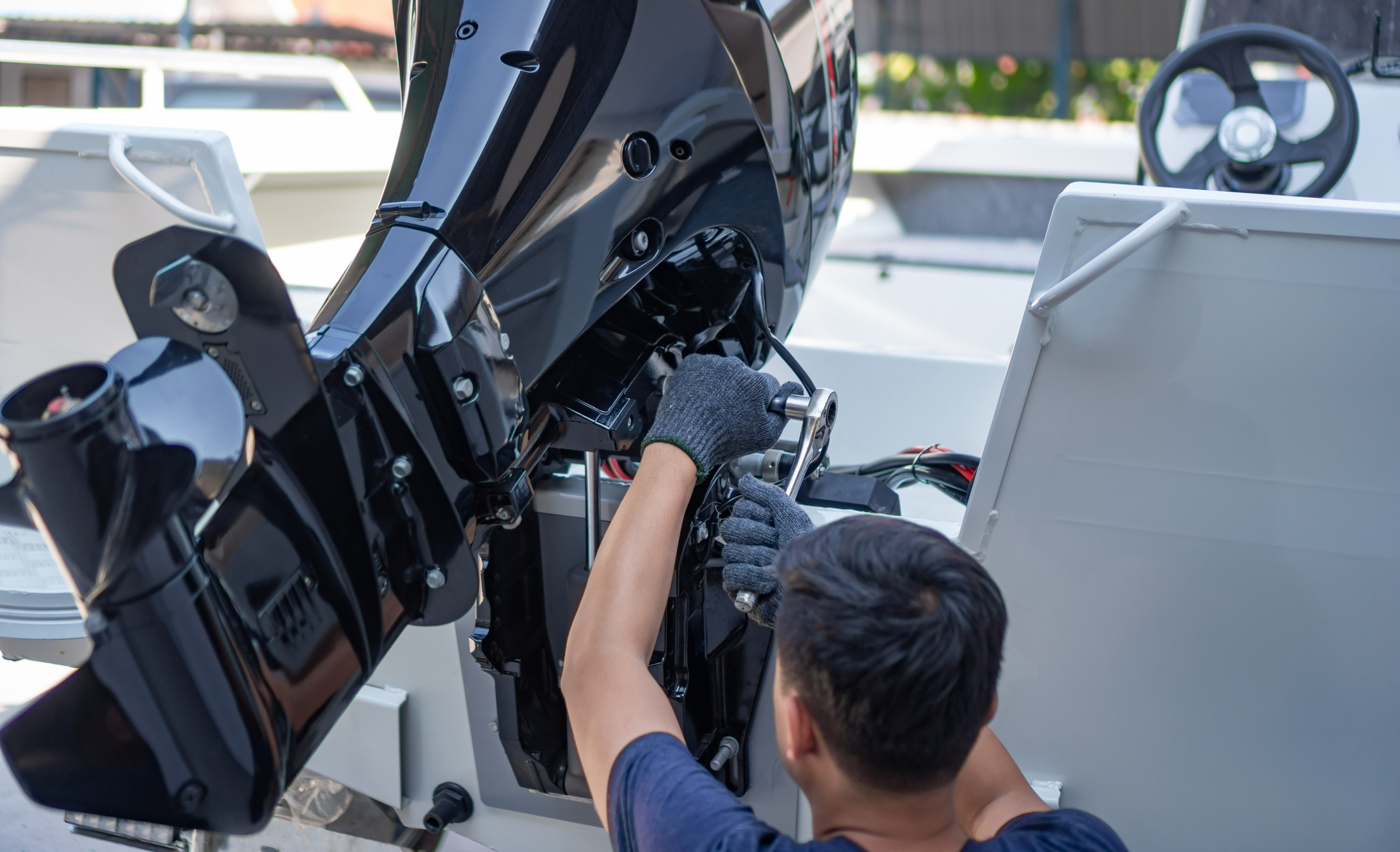Top Quality Examined Used Engines for Sale: Conserve Cash and Drive Securely
Top Quality Examined Used Engines for Sale: Conserve Cash and Drive Securely
Blog Article
Crucial Considerations for Ensuring Quality and Durability in operation Engines
When thinking about the acquisition of a made use of engine, guaranteeing its top quality and long life requires a multifaceted strategy. Upkeep history is a pivotal aspect, as it gives understanding right into the engine's previous treatment and possible future reliability. Beyond documentation, a comprehensive evaluation of physical elements-- such as belts, hose pipes, and seals-- can expose surprise concerns. Efficiency testing is additionally important, providing a picture of the engine's operational efficiency. Recognizing the nuances of these assessments and their effects can be intricate. What are the key techniques that can be employed to browse this complex evaluation process effectively?
Engine History Analysis
In the realm of used engines, a thorough engine background analysis is extremely important to ensuring quality and integrity. Comprehending an engine's past can give crucial understandings into its performance abilities and potential future durability.
In addition, reviewing any history of repairs or substitutes is vital. Engines that have actually undergone significant repair services may have underlying concerns that might resurface. Recognizing the context of such repairs, whether due to manufacturing issues or owner oversight, is important in forming a comprehensive assessment. Analyzing the engine's mileage can offer as an indicator of wear and tear. Reduced gas mileage engines are usually more preferable, but it is likewise important to consider just how those miles were collected. An engine utilized mainly for long-distance highway driving might be in better problem than one subjected to frequent stop-and-go city traffic.
Basically, an extensive investigation into an engine's background is crucial for making educated buying choices. used engines for sale.
Comprehensive Assessment Guide
While understanding an engine's history gives useful context, a comprehensive inspection is the following step to ensure its existing condition straightens with historical information. The inspection needs to begin with a visual evaluation, checking for indicators of leaks, deterioration, and unusual wear. Inspect the exterior for oil spots or coolant marks, which might suggest underlying issues.
Following, examine the engine's mounting system for any type of loosened screws or irregularities that could impact efficiency. Pay very close attention to the condition of belts and tubes, as these elements are critical for ideal engine performance. Check out for cracks, fraying, or any kind of signs of degeneration.

Determining Deterioration
Acknowledging signs of wear and tear is essential for assessing an utilized engine's longevity and dependability. It involves a meticulous assessment of various engine parts to determine their present state and possible future efficiency.
Another important aspect is evaluating the engine's seals and gaskets. These components are crucial for preserving correct pressure and protecting against fluid leakages. Proof Recommended Site of oil leaks or used gaskets frequently recommends deterioration, potentially bring about a lot more extreme issues if not resolved promptly. In addition, irregular noises throughout engine procedure, such as knocking or ticking sounds, may suggest inner damage or extreme endure relocating parts like pistons or bearings.
The problem of belts and hoses is equally important, as they play a crucial duty in the engine's total feature. Fractured or torn belts and weak hose pipes are indicators of aging that could result in engine failing if neglected. Lastly, taking a look at the oil problem and filter can supply understandings right into previous maintenance practices, as dirty oil or clogged filters suggest neglect and accelerated wear.
Performance Screening Essentials
Examining the wear and tear of engine components establishes the stage for a thorough evaluation through efficiency testing. Efficiency testing offers as a crucial measure in determining the operational honesty of an utilized engine.
Making use of dynamometers is a common approach in efficiency screening. These gadgets redirected here gauge the engine's output across various problems, offering an in-depth account of its functionality. Furthermore, on-road screening matches dynamometer analyses by observing engine behavior under normal driving circumstances, ensuring it fulfills the needed criteria for both safety and effectiveness.
These tools examine engine monitoring systems, recognizing mistakes in digital components that could affect performance. Comprehensive testing not only verifies the engine's functional status but also aids in projecting future upkeep requirements.
Upkeep and Care Tips
Proper maintenance and care are essential to lengthening the life-span of a used engine and guaranteeing its regular efficiency. Normal oil adjustments are extremely important; utilizing the maker's suggested oil type and grade can stop excessive wear and tear. In addition, oil filters need to be changed concurrently to maintain optimal lubrication and sanitation within the engine.
Monitoring liquid degrees, including coolant, transmission liquid, and brake liquid, is crucial. Ensuring these liquids are at appropriate levels helps protect against getting too hot and other mechanical concerns. Evaluating belts and pipes for indicators of wear, such as fractures or fraying, can avert possible failures that might cause expensive repair visit this website work.
Regular assessment of the air filter is also essential, as a clean filter guarantees effective air movement and combustion, thereby enhancing engine performance. Ignition system need to be inspected and changed when needed to keep effective gas burning and prevent engine misfires.
Lastly, routine analysis checks using professional devices can identify prospective problems prior to they end up being considerable problems. By adhering to these maintenance and care pointers, used engine proprietors can ensure their engines remain trusted, efficient, and capable of doing well over a prolonged duration.
Conclusion

Report this page